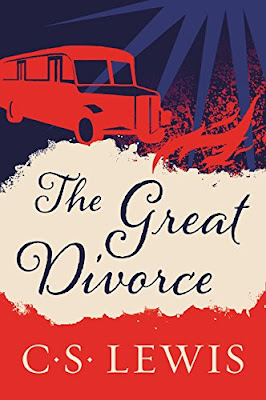Memento Mori
In his book, Conviction to Lead, Dr. Al Mohler writes about a strange artifact that sits on his writing desk. "A realistic model of a human skull." Why would the President of the Southern Baptist Theological Seminary have a year-round Halloween decoration on his desk you ask? Mohler says the following:
"If you look at some of the most historic portraits in the historic tradition, you will see a skull in the painting. This was known as memento mori, the memory of death, which was intended to motivate the subject of the painting to make the most of the time given to him...It is a constant reminder of mortality as essential to the human condition, and an impetus to be aware that every passing day removes one tick from the column marked Future and adds to the column marked past."
Many of us do not like to think all that
much about death. In the West we are blessed primarily with good
health and a life of considerable ease. With an expected life span around 78, we do not have to daily consider the prospect of death. Dying is often thought of as something that is far out and distant. It can
be forgotten about--for now--and that is what makes our comfort so dangerous.
Like a sleep inducing drug, comfort can lull us
into a sort of deep sleep; a false reality where life is spent only in the here
and now, with no regard for the ever ticking clock.
We make our five year plans and strategize our career
paths. Decisions are often made with the presumption that we are
going to stay here forever. In America particularly, we treasure the time we
spend building our temporary kingdoms. But do not be deceived, those
Kingdom's are still temporary. Our time here is short and is ever
growing shorter. We can ignore death all we want, but we must do so
at our own risk.
Jesus speaks to this very thing in Luke 12. The parable he
tells is of a comfortable rich man who was experiencing increasing success. The
rich man said to himself, "You have plenty of grain laid up for many
years. Take life easy; eat, drink and be merry." Sounds like a great life to me.
"But God said to him, 'You fool! This very night your
life will be demanded from you. Then who will get what you have prepared for
yourself?'"
That is a rude awakening that I would like to avoid. The man
was lulled to sleep--completely numb to his deepest need and his truest duty. He did not realize that there would come a time, ever-quickly approaching, when his soul would be required of him, and he will have to give an account before the eternal judge.
The cares and comforts of this world likewise have a "clingingly narcotic" affect to many of us. They divide our attention and divert our worship. Sometimes the best medicine is a reminder. Mohler says later on in the book, "Mortality not only is the great equalizer, it is the great motivator. Time and opportunities are precious and perishable. If we forget this, we lose all perspective."
The cares and comforts of this world likewise have a "clingingly narcotic" affect to many of us. They divide our attention and divert our worship. Sometimes the best medicine is a reminder. Mohler says later on in the book, "Mortality not only is the great equalizer, it is the great motivator. Time and opportunities are precious and perishable. If we forget this, we lose all perspective."
Have you considered death? Are you ready for
it? Remember today that our lives are like a brief shadow and an early
morning mist. We are vanishing away, and in a short while we will likely
be forgotten. Every passing day removes one tick from the column marked Future
and adds to the column marked past. Will you be found a good steward
with the time that you had?
***
Mohler, R. Albert. The Conviction to Lead: 25 Principles for
Leadership That Matters. Minneapolis, MN: Bethany House, 2012. Kindle edition.




Comments
Post a Comment